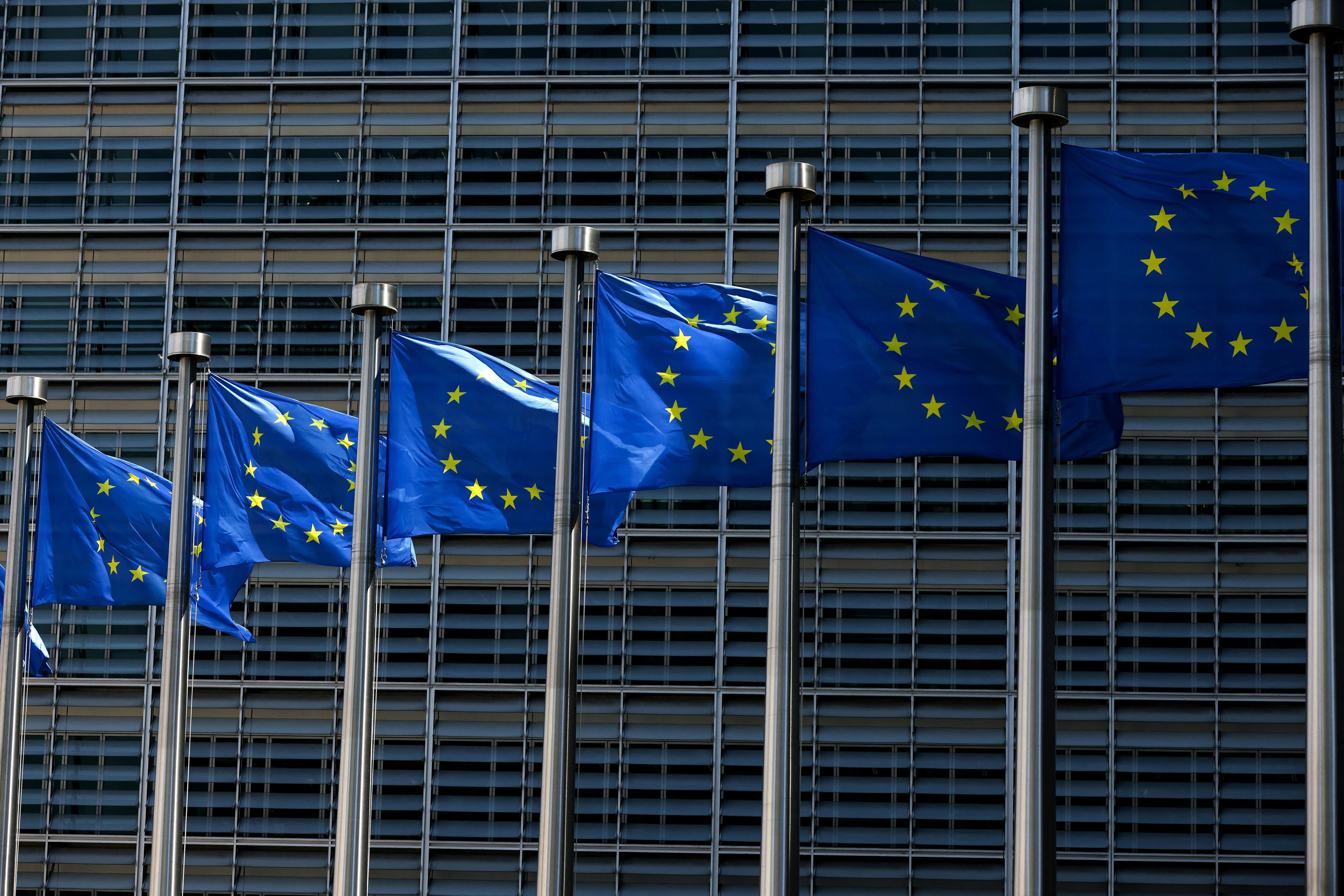
The European Commission, the executive arm of the European Union (EU), proposed on Tuesday to strengthen the bloc’s tools to defend itself against threats to its economic security, particularly those due to the power of China.
The plan must be defined with a “future initiative” to better control the investments of European companies in countries outside the bloc.
“We must make sure that the capital of European companies, their knowledge, their research and intellectual capital are not used abusively by certain countries or for military applications,” said Commission President Ursula von der Leyen.
For this reason, he added, the Commission “works to build these instruments, and we will present them before the end of the year”.
The Commission also intends to make an evaluation of the foreign investment control mechanism, which entered into force at the end of 2020 but will now be applied more rigorously.
Last year, in the face of Russia’s invasion of Ukraine, the bloc suddenly realized the extent of its dependence on Russian energy, and had to scramble to find a change of course.
“We have to be more assertive”, Von der Leyen pointed out in his press conference.
Risk identification
One of the most pressing risks identified by the Commission is the potential leakage of confidential information about advanced technologies.”that could enhance the military and intelligence capabilities of actors who may use these capabilities to threaten international peace and security”.
Those technologies include advanced semiconductors and artificial intelligence, among others.
“In terms of economic security, we are analyzing a limited set of cutting-edge technologies (…) In those cases we want to make sure that they do not improve the military capabilities of some countries of interest”.
The Commission and Von der Leyen herself, however, avoided presenting this new strategy as a response to China.
However, von der Leyen made it clear that the EU seeks to take an approach towards China that balances concerns about being too reliant on China with the desirability of maintaining ties with the world’s second-largest economy.
It is a delicate balance. At the beginning of this year, the President of the Commission herself defined that the EU’s priority was not to disassociate itself from the Chinese economy, but to eliminate the “risks” of that relationship.
Therefore, he pointed out, it is “prudent to diversify our supply chains beyond China”, said Von der Leyen, who mentioned in this regard his recent visits to Argentina and Chile.
An EU diplomat said Brussels needed to move forward with “rearming the bloc’s economy”, noting it was “amazing” how much economic dependence there was on China.
“We must stop being naive and protect ourselves, we must change the playing field”, said the same diplomat.
But there have also been calls for caution about how the EU deals with risks.
BusinessEurope, the EU’s main business lobby group, urged the bloc to carefully consider European interests and competitiveness.”before introducing additional restrictions on exports of goods and technologies and investment flows”.
For that entity, the EU “it must strike the right balance between protecting its security interests and maintaining a conducive environment for trade and investment.”
EU leaders will discuss the plans at a summit in Brussels next week.
Source: Gestion
Ricardo is a renowned author and journalist, known for his exceptional writing on top-news stories. He currently works as a writer at the 247 News Agency, where he is known for his ability to deliver breaking news and insightful analysis on the most pressing issues of the day.












